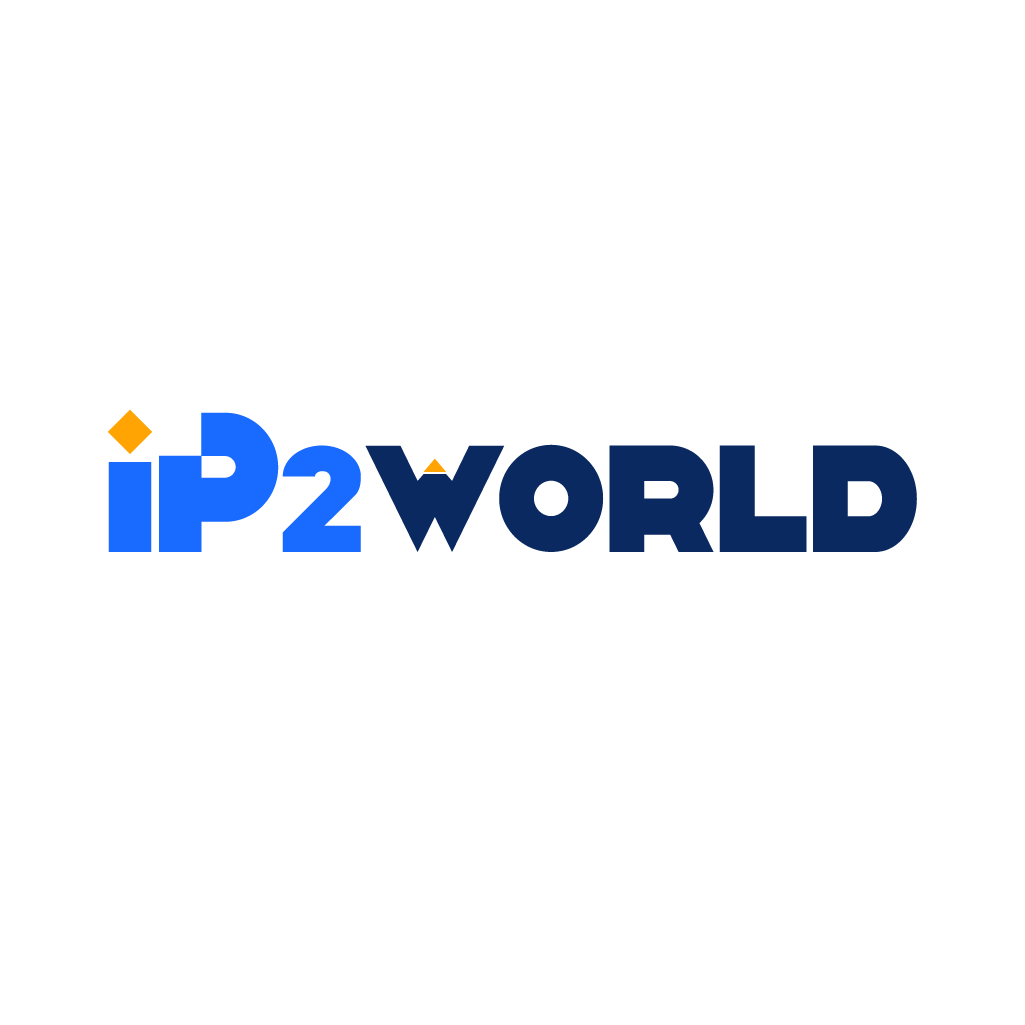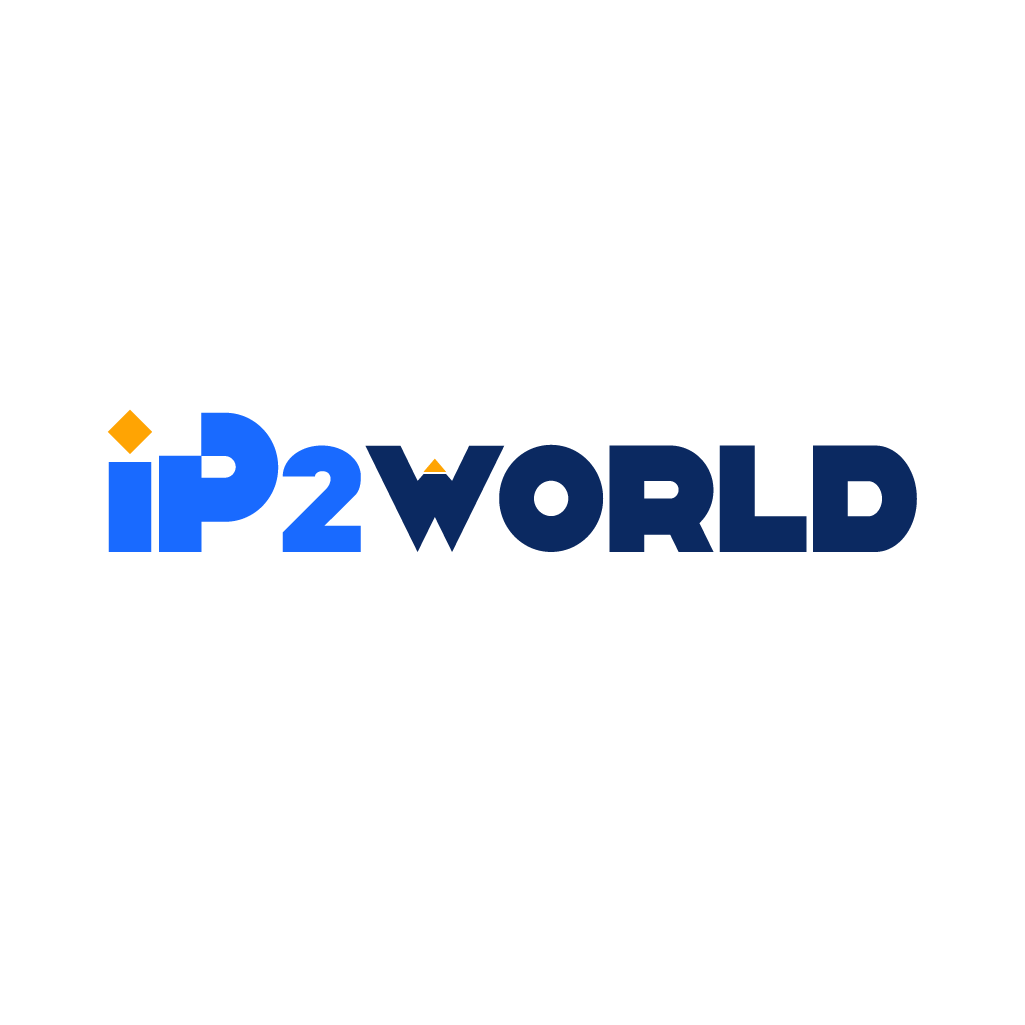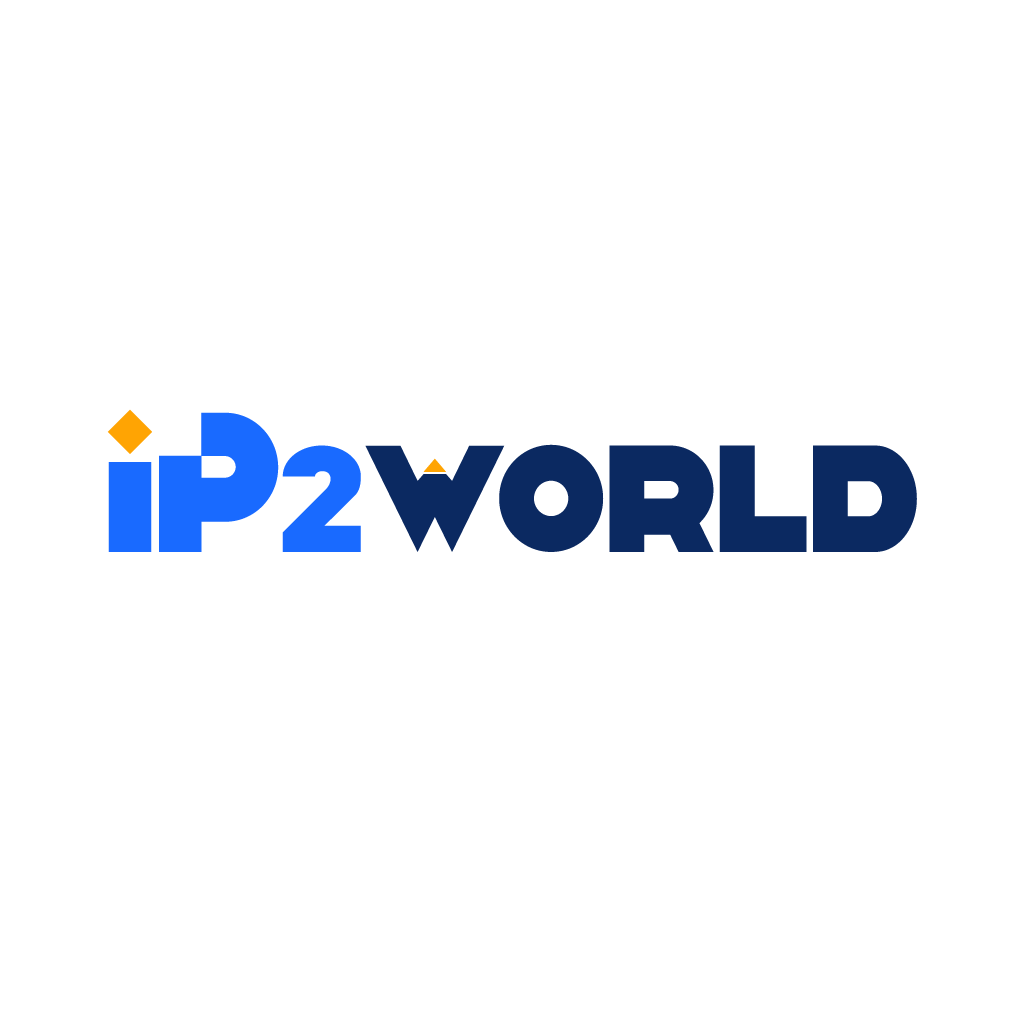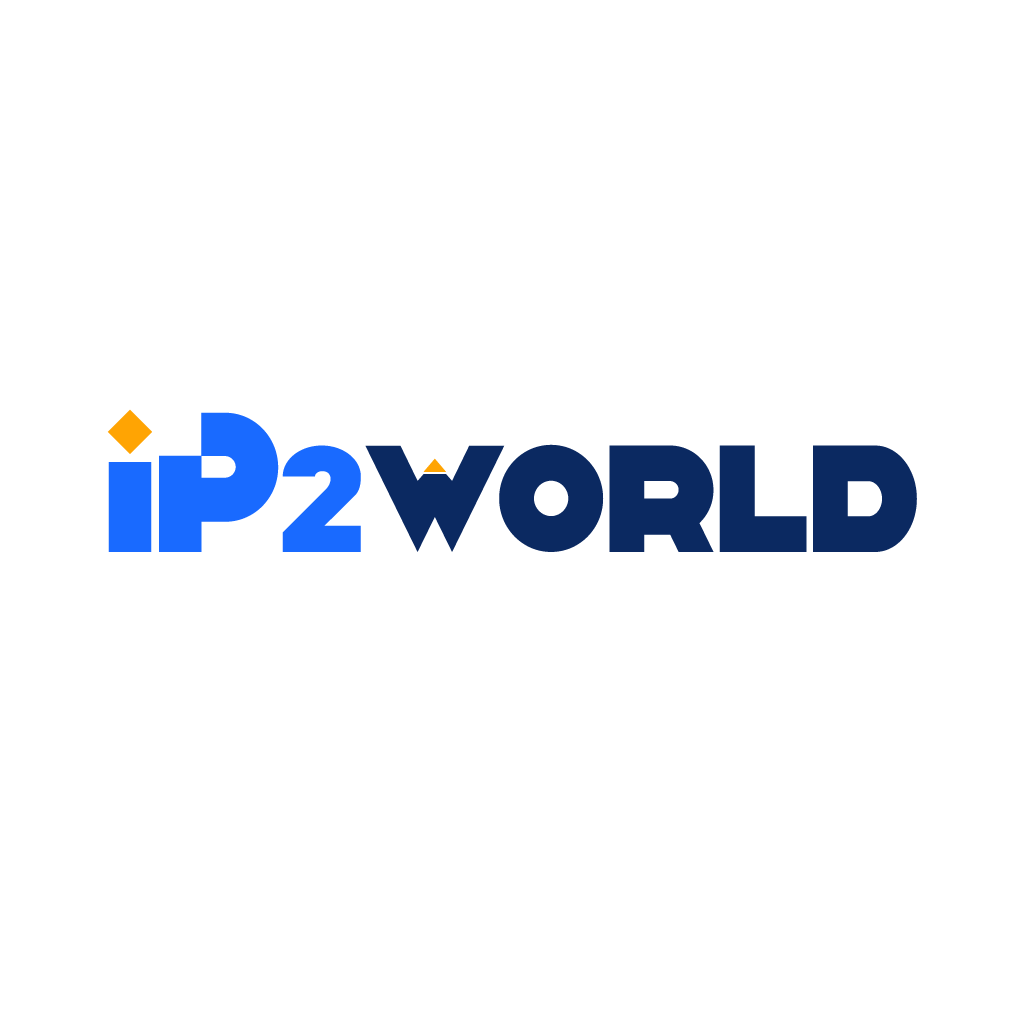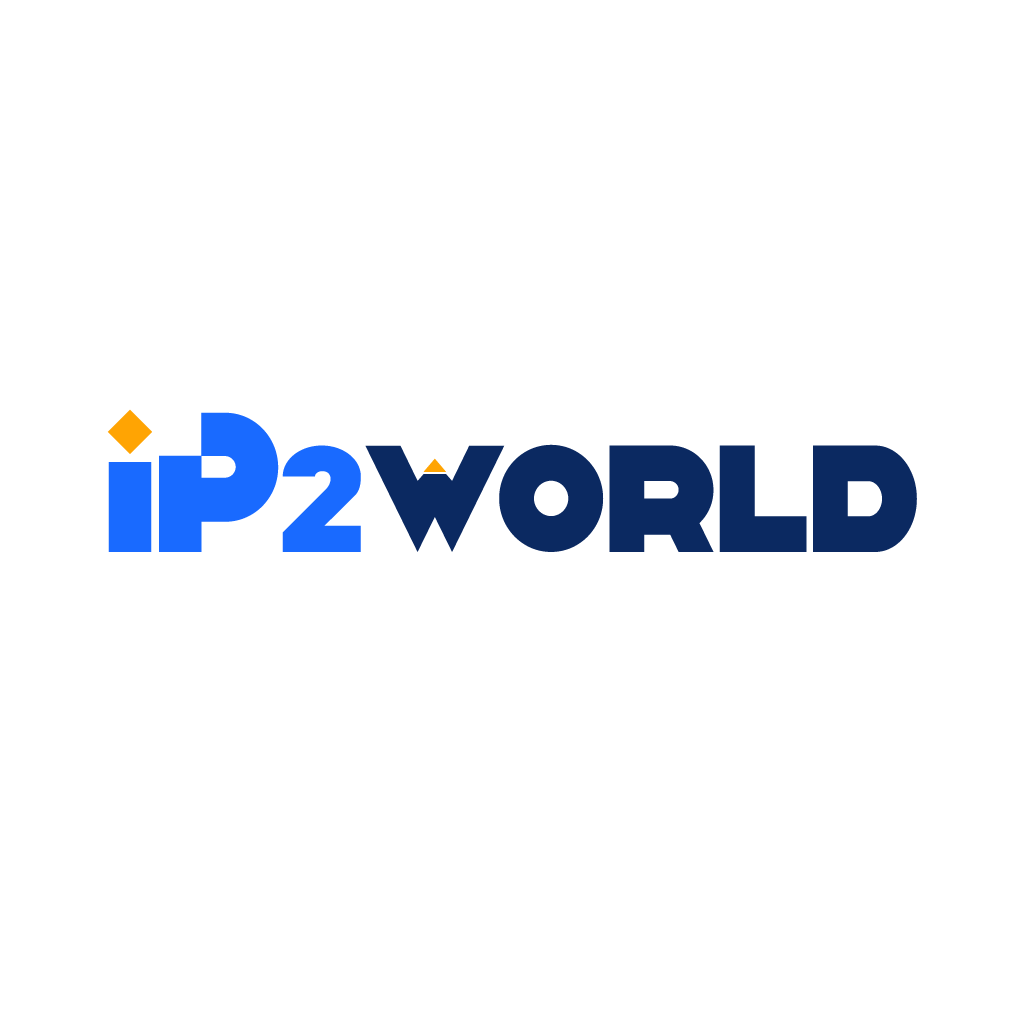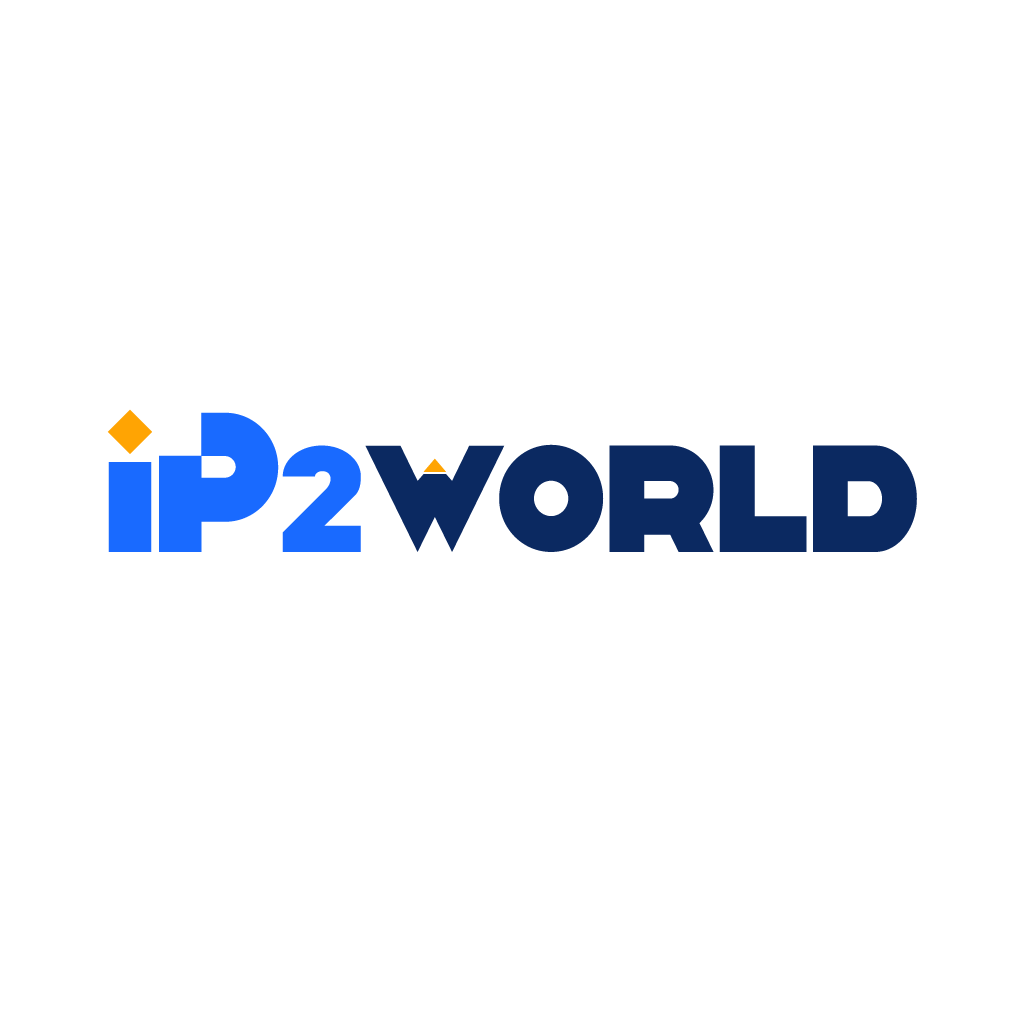The Boom in the Digital Marketing Industry Digital marketing is not merely a passing fad; it's a behemoth of an industry with a trajectory that only goes up. This ascendancy is particularly notable in countries like India, where technological and digital transformations are occurring at a lightning-fast pace. Major companies and small businesses alike are diverting large parts of their budgets to digital marketing, recognizing its far-reaching impact in today's interconnected world. The Skill Gap Issue Intriguingly, while the demand for digital marketing professionals is surging, a noticeable skills gap exists. Companies are clamoring for competent digital marketers, but there aren't enough individuals with the required skills to meet this demand. How, then, can you leverage this situation to your advantage? Let's explore. Preparing Your Resume Transferable Skills The journey to your dream job begins with crafting a compelling resume. Here, transferable skills come into play. If you have excellent communication skills, leadership attributes, or have managed projects, highlight these in your resume. Even if your prior experience isn't directly in digital marketing, these skills can still position you as a strong candidate. Internships and Freelance Work Experience in any form is invaluable. If you've interned in roles that required content creation, SEO, or even database management, mention them. Freelance work, such as social media management or graphic design, also makes your application robust and shows your ability to work in different settings. Side Projects and Passion Projects Personal projects shouldn't be overlooked. If you have a blog, a YouTube channel, or even if you've run a small social media campaign for a local charity, include these in your resume. They not only show your passion but also indicate a hands-on approach to digital marketing. Skills and Qualifications Key Skills Digital marketing is a field where creativity is as essential as technical prowess. An ability to think out of the box, analyze data, and adapt to new tools and technologies are fundamental skills. Additional Helpful Skills Soft skills like leadership and writing abilities can also elevate your profile. Being conversant with the digital landscape, coupled with excellent time management skills, can further give you an edge. Comprehensive Digital Marketing Courses The industry values formal education. Websites like Coursera, Udemy, and LinkedIn Learning provide a plethora of courses that cover essential topics like SEO, SEM, social media, and email marketing. Certifications to Consider To add more credibility to your profile, consider certifications like Google Ads and Facebook Blueprint. They not only validate your skills but also make you a more attractive candidate. Building Your Skills Importance of Hands-On Experience While theoretical knowledge is essential, it pales in comparison to hands-on experience. Implementing what you've learned in a real-world setting can make all the difference. Creating Your Own Website or Blog Setting up your own website or blog allows you to experiment with strategies you've learned, providing practical experience that employers value. You can also use this platform to build a portfolio, showcasing your skills and projects. Soft Skills vs. Technical Skills Though technical skills are critical, don't undervalue soft skills. Your ability to communicate strategies and insights effectively to a team or client is equally crucial. Getting Experience Freelancing Opportunities Freelancing platforms like Upwork and Fiverr offer a great starting point to gain real-world experience. While the work may start small, it’s an excellent opportunity to build a portfolio. Internships Interning at an established digital marketing agency can provide you with an immersive experience. You'll learn how projects are managed and also make valuable industry connections. Writing and Networking Consider guest-posting on websites like Growth Hackers or Medium. This will not only allow you to showcase your expertise but also help you network with professionals in the industry. Finding Job Opportunities Job Boards and Listings Major job platforms like Indeed and LinkedIn are excellent resources for finding openings in the digital marketing field. Networking Through Social Media Follow industry leaders, companies, and digital marketing platforms on social media to stay abreast of the latest trends and job opportunities. Marketing Meetups and Events Offline events, trade shows, and webinars can offer immense value. They provide opportunities for networking and, occasionally, even lead to direct job offers. Building Your Career Specialization vs. Generalization Once you have your foot in the door, you can opt for a generalist role or specialize in areas like SEO, content marketing, or analytics. Specializing can make you an expert in a specific domain and increase your market value. Roles in Digital Marketing The industry offers a plethora of roles from SEO managers, Content Strategists, to PPC experts and Social Media Marketers. Your career path could take multiple directions based on your interests and expertise. Staying Updated The digital marketing landscape is ever-evolving. Subscribe to newsletters, participate in webinars, and engage in online forums to keep your knowledge current. Job Hunting Update Resume and LinkedIn Your LinkedIn profile should be an amplified version of your resume. Use it as a platform to exhibit your skills and to network with industry professionals. Personalized Applications When applying for jobs, custom-tailor your resume and cover letter to match the specific role. A generic application fails to capture the nuances that make you the perfect candidate for the job. Interview Preparation Research the company and its culture thoroughly. It will help you frame your responses and questions during the interview. Acing the Interview Company and Role Research Understanding the company’s mission, values, and the role you're applying for will provide you with the context you need to answer questions convincingly. Storytelling Techniques Narratives are powerful. Develop anecdotes from your past experiences that highlight your capabilities and fit for the role. Practicing for Interviews Rehearse possible questions and scenarios. Mock interviews with a mentor or friend can help refine your responses and reduce anxiety. Conclusion Summary of Steps The journey to landing your first digital marketing job is arduous but incredibly rewarding. From crafting an impeccable resume to effective networking, every step contributes to your ultimate goal. The Road Ahead With the proper skills, a robust network, and the right mindset, you are now equipped to bridge the skill gap in this booming industry. Your lucrative and fulfilling career in digital marketing awaits!
2023-10-26
